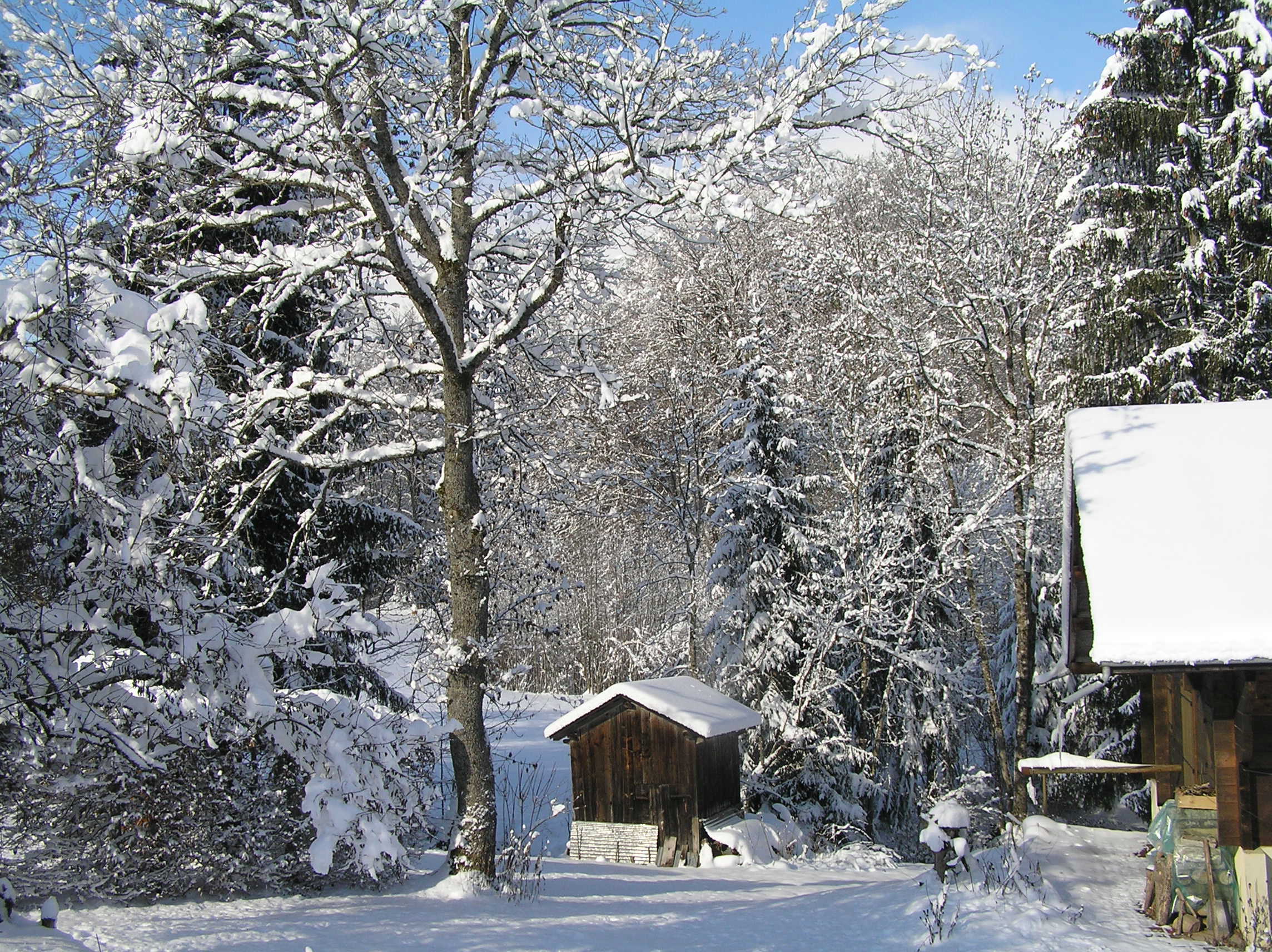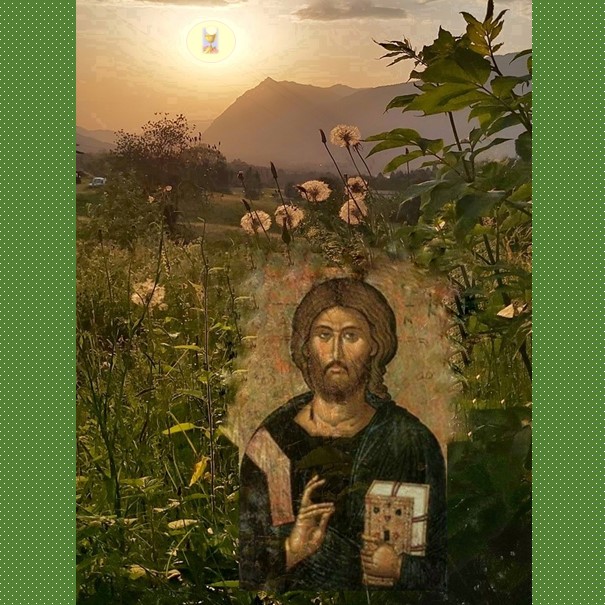

|
Le blog de la Bergerie
|
I discovered late in life that, with faith, comes the most interesting and fascinating vision of the world. Everything changes with faith and this huge puzzle that is "The World" and "What are we doing in it?" slowly but surely reveals the most beautiful and bountiful mosaic of truths resting on three pillars: God, Jesus-Christ and the Church. It is fairly easy to only adhere to one (or two) of the three and still feel completely nourished. Entire religions are doing it. But the fullness of the revelation requires a complete adherence to all three: God the Creator, Christ our Redeemer, and the Church: the mystical Body of Christ.
When I was younger, I used to be intrigued (and sometimes frustrated) by puzzles, but once completed, I loved the idea of the full picture being made of so many different little pieces that could only fit together according to one specific position for each one of them. Completing a puzzle somehow satisfied both sides of my brain: the creative one and the reasonable one. And this is exactly what "faith and the fullness of the revelation" is doing to me now: it brings my mind, my heart and my will into alignment; it locks them in sync and, in the process, brings with it an interior peace and inner strength that are truly a gift.
I went recently from a large international cosmopolitan area of Northern California
with millions of people to a small valley in the Northern Alps with 40 000
people top on a good sunny ski week-end in February and my access to the sacraments and
public devotions was reduced 100 times. I went from an archdiocese with 96 parishes
and literally hundreds of Masses every day in many languages and daily access
to Reconciliation and a constant stream of novenas, rosaries and Adoration,
to a much smaller diocese (although as large as the other one geographically)
but with only a few Masses for the whole valley. For someone like myself who
practices prayer and devotion like others practice an extreme sport, I had to
make an adjustment. While doing this inner tweaking with my prayer life, a dear
friend emailed me this short prayer of Eucharistic desire:
"My Lord and my God, since I cannot now receive you sacramentally,
come into my heart spiritually and abide in me now and for all eternity".
I loved it! It is short, it is simple and it goes straight to the heart of the
matter. What I love about prayers in general is to see them as links in this
global chain of love, hope and faith that binds us, all of us, around the world, horizontally,
and to God, vertically. What I especially love about this prayer of Eucharistic
Desire is that it is a true application of "Christ, having been lifted up from
the earth has drawn all to Himself"… It is truly eschatological in nature.
John Paul II wrote in Ecclesia de Eucharistia that: in the Eucharist "unlike
any other sacrament, the mystery [of communion] is so perfect that it brings
us to the heights of every good thing: here is the ultimate goal of every human
desire, because here we attain God and God joins himself to us in the most perfect
union".69 Precisely for this reason it is good to cultivate in our hearts a
constant desire for the sacrament of the Eucharist. This was the origin of the
practice of "spiritual communion", which has happily been established in the
Church for centuries and recommended by saints who were masters of the spiritual
life. Saint Teresa of Jesus wrote: "When you do not receive communion and you
do not attend Mass, you can make a spiritual communion, which is a most beneficial
practice; by it the love of God will be greatly impressed on you".70
 My Lord and my God,
My Lord and my God,A desire for communion with Christ is a desire for holiness; it is our own little note being added to the general hymn for the sanctification of the world. Saint Paul told us to "strive for peace with all men, and for holiness, without which no one will see the Lord" (Heb 12:14). It's already interesting enough that he puts the pursuit of "peace" and "holiness" on the same level but I am also intrigued by the fact that he mentions them in tandem as the best access to the Lord. How could we refuse to do this? How could we not sing? How could we not pray?….

Eucharistic landscape in the light of the sunset over the Marcelly, Haute-Savoie, French Alps